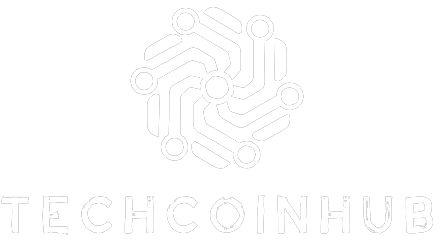In recent years, the rapid advancement of artificial intelligence (AI) has brought about significant changes in various industries. One area that has been greatly affected is job automation, with AI taking over repetitive and mundane tasks. This development poses both opportunities and challenges for the future of work.
With the ability to analyze and process vast amounts of data, AI technologies have demonstrated their capacity to perform tasks that were previously exclusive to humans. This includes data entry, customer service, manufacturing, and even complex decision-making processes. As AI progresses, more jobs are likely to be automated, which will undoubtedly alter the nature of work.
The Opportunities
The automation of jobs through AI presents several advantages. Firstly, it eliminates the need for humans to engage in repetitive and monotonous tasks, allowing them to focus on more creative and complex endeavors. This shift can lead to increased job satisfaction and enhanced productivity. Additionally, AI can enhance efficiency and accuracy, reducing the occurrence of errors and enhancing overall performance.
Moreover, AI technologies have the potential to revolutionize industries by introducing new possibilities and job opportunities. As existing jobs are automated, new roles are created, primarily focusing on AI development, maintenance, and management. Experts predict that there will be a surge in demand for professionals skilled in AI, machine learning, robotics, and data analytics. This shift can fuel innovation and fuel economic growth.
The Challenges
Despite the opportunities, the impact of AI-driven job automation also poses challenges. One significant concern is the displacement of human workers. As AI takes over more tasks, there is a risk of job losses in traditional sectors. This can lead to unemployment and social inequality. The transition may be particularly challenging for workers in low-skilled positions, as they may struggle to find alternative employment opportunities.
Furthermore, the socio-economic repercussions of job automation need to be carefully managed. While AI may create new jobs, there is no guarantee that those affected by automation will possess the necessary skills to transition into these roles. Ensuring a smooth transition and providing reskilling and upskilling opportunities is crucial to mitigate the negative impacts.
The Future of Work
As AI continues to advance and permeate various industries, it is imperative for businesses and governments to adapt and plan for the future of work. Organizations must prioritize workforce planning, identifying areas where AI can complement human workers rather than replace them entirely. This can involve creating roles focused on collaboration with AI technologies, leveraging their capabilities while maintaining human oversight.
At the same time, education and skills development institutions should adopt a forward-thinking approach. They need to adjust curricula to include AI-related subjects and equip students with the necessary skills to thrive in an AI-driven world. Additionally, lifelong learning initiatives can help workers adapt to the changing job landscape and acquire new skills throughout their careers.
Conclusion
The impact of artificial intelligence on job automation is undeniable and will significantly shape the future of work. While it presents opportunities for increased efficiency, job satisfaction, and technological advancement, there are also challenges to overcome. Ensuring a balance between automation and human work, managing job displacement, and investing in education and retraining programs are vital steps towards a future where humans and AI can coexist harmoniously.

